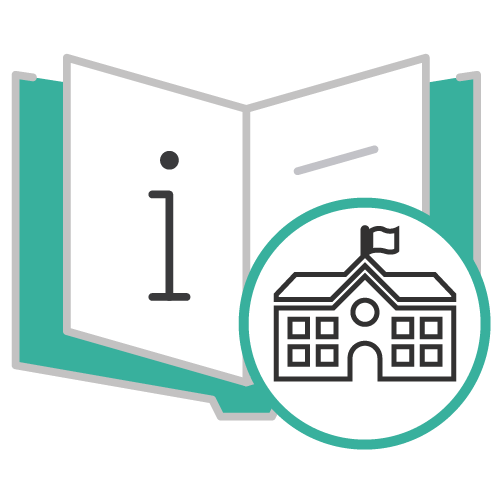Meet teaching and learning standards and expectations
All of our training and resources have been designed in line with the latest DfE and wider government guidance around teaching and learning to help you meet required standards and best practice.

KS1 and KS2 assessment and reporting arrangements (ARAs)
Statutory guidance for assessing and reporting the national curriculum at key stage 1 and key stage 2

Behaviour and discipline in schools
Guidance on behaviour and the related legal duties of headteachers, and members of staff, including how to support pupils to behave well and staff powers when responding to misbehaviour

Teachers' standards
The standards that set the minimum requirements for teachers’ practice and conduct, including what they must be expected to demonstrate when teaching

Providing remote education: guidance for schools
Guidance on providing high-quality remote education in cases where it is not possible, or contrary to government guidance, for some or all pupils to attend school
Raise standards in all areas of teaching and learning
Clarify roles and responsibilities, upskill staff and make sure everyone has the knowledge and skills they need to help engage pupils in the classroom and deliver effective practice across all areas of teaching and learning.